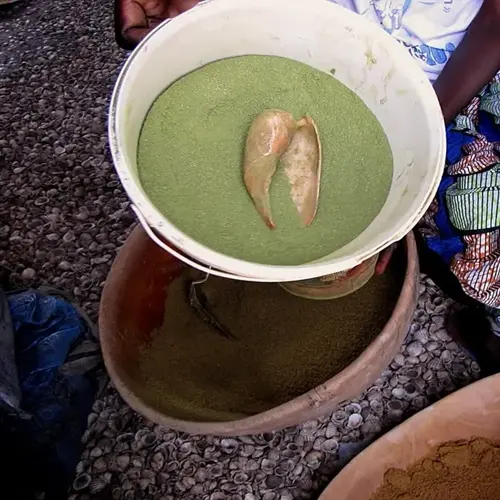What drinks support immune health?

Written by
Robert Kelly
Reviewed by
Prof. Benjamin Murphy, Ph.D.Drinks that support the immune system provide hydration and also contain compounds, such as those found in green tea (EGCG), that block the replication of viruses in the body, as well as ginger infusions with anti-inflammatory properties. Bone broth supplies collagen, which helps repair gut barriers that house approximately 70% of the immune system's cells. The immune-supportive beverages, therefore, are not to be compared with water only, though it is a suitable drink, but unsuitable when one wants particular immune stimulants to be taken.
Antioxidant Brews
- Green tea: EGCG blocks viral entry into cells
- Hibiscus tea: Anthocyanins reduce inflammatory markers
- Rooibos: Aspalathin protects immune cells from oxidative damage
Anti-Inflammatory Infusions
- Ginger tea: Gingerol inhibits cytokine storms
- Turmeric golden milk: Curcumin modulates immune responses
- Chamomile: Apigenin calms overactive immune reactions
Hydration Heroes
- Coconut water: Electrolytes optimize lymph fluid circulation
- Lemon water: Enhances liver detoxification pathways
- Herbal infusions: Provide fluid without caffeine depletion
Method of Preparation increases the immune-boosting agents in your beverage: Brew your green tea at temperatures less than 175°F (80°C) to preserve the EGCG, grate your ginger fresh to make teas instead of using powders, and simmer bone broth for more than 12 hours to extract the most collagen. Using these methods, you will maximize the active ingredients of your drinks and their therapeutic levels.
Strategic timing enhances drink effectiveness. Have ginger tea at the first signs of illness to reduce symptom severity. Drink green tea between meals for the best antioxidant absorption. Sip bone broth when recovering to support tissue repair and regeneration. Consume probiotic beverages away from hot foods to preserve live cultures.
Stay away from harmful drinks such as soft drinks that are high in sugar, since these can suppress white blood cells. Even moderate alcohol consumption should be curtailed due to its impact on zinc deficiency and immune function. Limit coffee consumption to three cups a day, as excessive intake can lead to dehydration. Substitute these for herbal teas such as peppermint or licorice root.
Hydration goals boost overall immune function throughout the year. Aim to drink half your body weight in ounces of water daily. Increase water consumption while sick. Electrolyte-rich fluids, such as coconut water, are excellent choices when fevers occur or during physical activity. The color of urine is a good indicator; it should be pale yellow! You want to stay hydrated enough to ensure the immune cells can circulate normally.
Read the full article: Top 10 Immune Support Foods for Health

